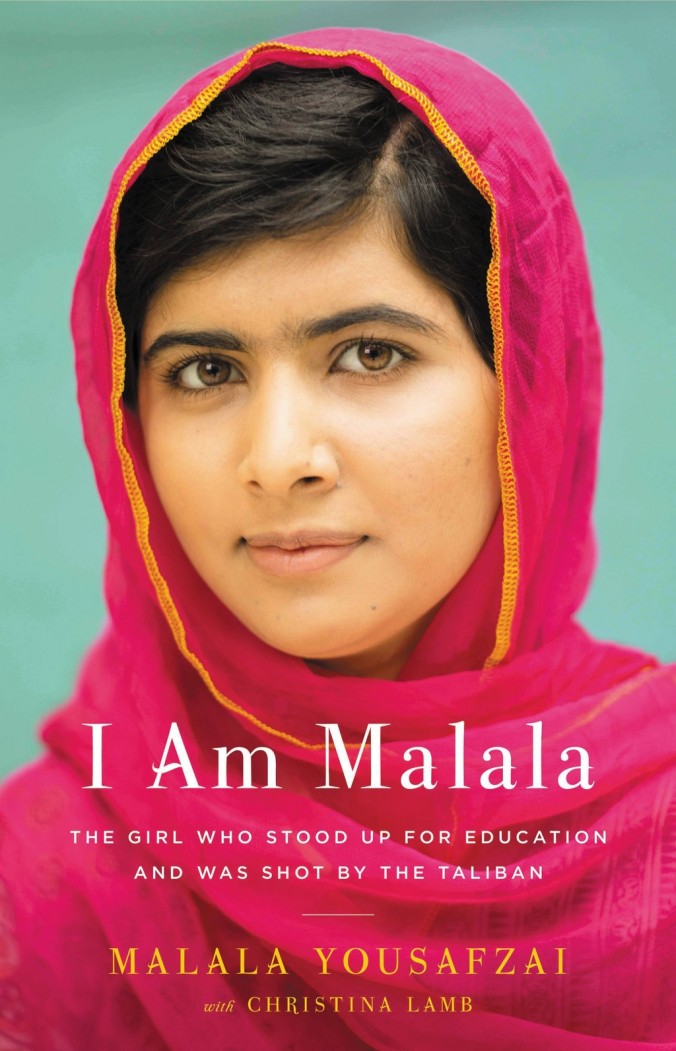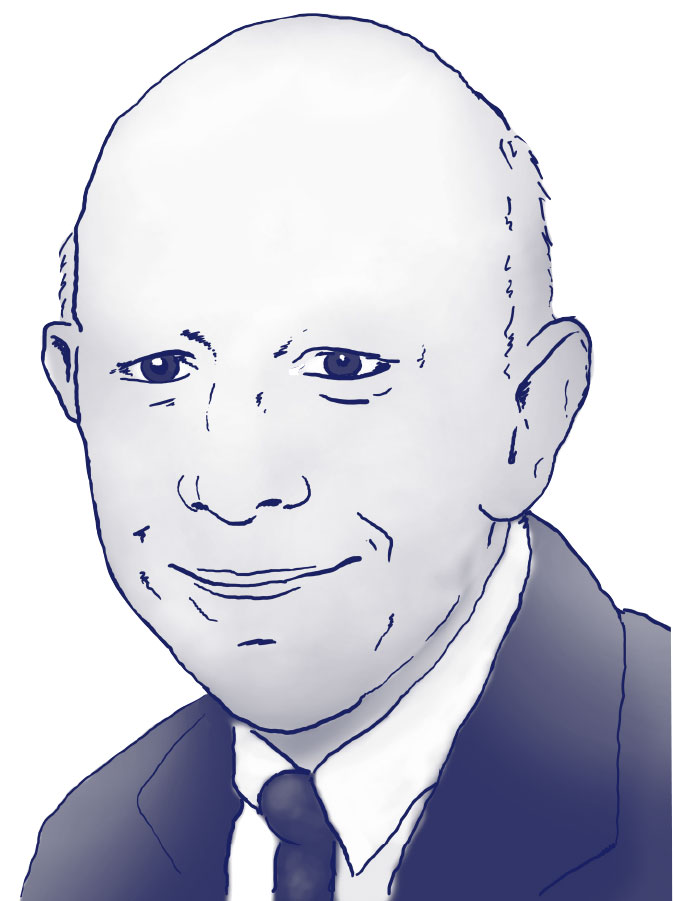Chicago Hosts the Trans 100

On Sunday, March 30, hundreds of trans people from across the country gathered in Chicago to “celebrate the living” at the second annual Trans 100 event. The Trans 100 is a curated list of one hundred trans people doing work that directly impacts the community. The energetic Angelica Ross hosted this year’s sold-out event at Mayne Stage in Rogers Park. The night featured a showgirl revue, musical performances, keynote speeches, and many familiar faces from the trans community.
Early in the evening, Ross commented, “Not only does the greater public and society not know about the breadth of our community, but we don’t. We don’t know each other. We don’t know the work everybody is doing.” The Trans 100 provides the opportunity for trans people to build community with each other, while also exposing us to the greater public.
Mixed martial arts fighter Fallon Fox and sports journalist Christina Kahrl read off the first handful of names on the list. After every name, the crowd applauded and cheered in an act of celebration. Fox asked everyone to hold their applause to move the night along. However, when CeCe McDonald’s name was announced, the crowd collectively erupted with joy and honored her with a standing ovation. McDonald was recently released from prison, where she spent nineteen months for defending herself against racist and transphobic attackers in Minneapolis.
Kye Allums, the first openly trans black NCAA athlete and founder of Project I Am Enough gave the first keynote address of the evening. He explained, “I love being trans but I haven’t always loved being trans.” Allums recalled a moment in his life when “I got sick and tired of being the token trans person in the room … so I contemplated stripping my trans identity away.” Allums eventually came to embrace his trans self, noting, “Being trans means I get to define who I am.” The Trans 100 is humanizing our community by allowing trans people to define themselves.
In addition to athletes, the list featured people involved in faith communities, including Minister Louis J. Mitchell of Transfaith and Reverend Lawrence Tanner Richardson of Shift United Church of Christ; people working at trans focused organizations, including Gabriel Foster of Sylvia Rivera Law Project and Landyn Pan of Trans Student Equality Resources; and writers like Tom Léger, publisher at Topside Press, and Mitch Kellaway, assistant editor of Transgress Press.
One of the most noticeable features of the evening was seeing the wide range of trans people both present at the event and on the list itself. Jen Richards, co-director of the Trans 100, said the list was “specifically curated so that we have everyone represented, so that any trans person who thinks they’re alone or thinks that they’re not trans or that they’re not ‘trans enough’ or that they’re doing the wrong thing can look at this list and see something of [themselves] in it.” That intention is clear and will only become more successful over time as the Trans 100 publicizes more names and faces working to improve the lives of trans people.
Tiq Milan, GLAAD’s Senior Media Strategist, read the second portion of the list and reminded everyone, “Media isn’t just something that documents the culture, media is what shapes the culture. The media is the conversation we’re having about ourselves and with ourselves and it’s extremely important that we are a part of that conversation, that we’re in positions to guide that conversation.” The Trans 100 allows us to guide the public conversation about trans people toward our real lives and the hard work we are doing. Trans people often do not control their depictions in the media. It is crucial that we have the power to represent ourselves accurately.
Janet Mock, author of the New York Times bestselling book Redefining Realness, took the stage to present the inaugural Living Legend Award to Gloria Allen. Mock said, “I am disappointed that we often gather our flowers and we gather together to celebrate our elders, our siblings, our forbearers when it is too late, when they are gone. Tonight, we will not wait to celebrate.” Precious Davis, youth outreach worker at the Center on Halsted, co-presented the award and affectionately referred to Allen as “Mama Gloria,” a mentor to trans youth in Chicago. Allen broke into tears as she graciously accepted the award, saying, “I am so proud of each and every one in this room.”
In that moment, I teared up as well. I had never been in a room full of so many trans people before. Sitting between two trans friends whom I care about deeply, surrounded by Chicago’s trans community and sharing space with many famous faces, I also felt proud of everyone in the room, including myself. The Trans 100 allows us to publicly take pride in ourselves and each other, in a world where we are taught to be ashamed of our trans identities.
Geena Rocero, a model and founder of Gender Proud, who recently gave a TED talk called, “Why I Must Come Out,” read off the remaining names on the list. Dr. Kortney Ziegler brought out participants from the most recent Trans*H4CK in Chicago. Trans*H4CK is a hackathon that aims to better the lives of trans people through the use of technology.
The last speaker of the evening was Laverne Cox, well-known actress in “Orange is the New Black” and producer of the forthcoming documentary “FREE CeCe.” Cox noted that trans people have a long history of taking care of each other, citing the legacies of Sylvia Rivera and Marsha P. Johnson. She said, “Trans people loving and supporting each other is a revolutionary act.” However, she also pointed out that “oppression keeps us from loving and supporting each other” and “we need to create spaces of healing.” The Trans 100 is helping our community heal by honoring us while we’re still alive.







